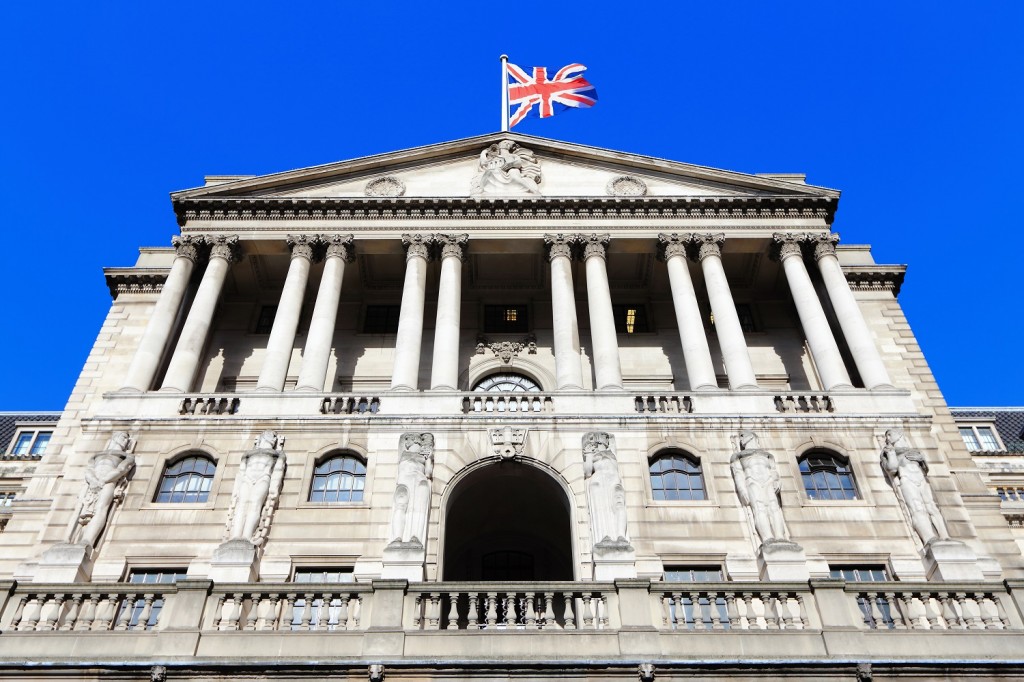
US tariffs have led to a global economic “environment that has deteriorated,” which exposes UK financial stability to greater risk, says a key Bank of England body.
The April minutes from the Bank’s Financial Policy Committee come after the US has imposed a minimum 10% baseline tariff on imports on countries that trade with America in a bid to correct trade imbalances.
The UK faces a 10% tariff, the EU has had a 20% tariff imposed on the bloc, China faces 104% of extra import taxes after setting retaliatory charges on the US.
The FPC says: “Several risks associated with the fragmentation of global trade in goods, and financial markets, have intensified.
“A major shift in the nature and predictability of global trading arrangements could harm financial stability by depressing growth.”
It adds: “As the UK is an open economy with a large financial sector, global risks are particularly relevant to UK financial stability.”
The hike in import taxes by US President Donald Trump, which take full effect today, has seen global stock market prices tumble.
The FPC adds: “Vulnerabilities in market-based finance previously identified by the FPC remain.
“The Bank will continue to monitor leverage and concentration in core markets as well as trading strategies that have the potential to amplify any stress.”
The minutes come after public finance watchdog the Office for Budget Responsibility last month cut its UK growth forecast in half to 1% this year, from its October report.
However, the central bank body says that UK banks are currently in a position to handle the evolving crisis.
It says: “The FPC maintains its judgement that the UK banking system has the capacity to support households and businesses, even if economic and financial conditions were to be substantially worse than expected.”
“UK household and corporate borrowers have remained resilient in aggregate.”
On mortgages, it points out that aggregate UK household debt-to-income ratio had continued to decline in the final three months of last year and was at its lowest level since the fourth quarter of 2001.
It adds that aggregate UK mortgage lending at high loan-to-income ratios lifted to 7.8% in the final quarter of last year, from 7% in the previous quarter.



